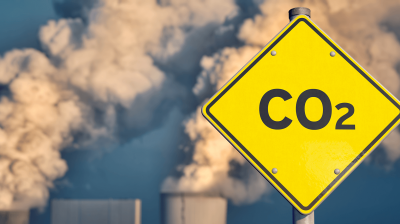Greening global trade
Giulia Cretti contributed to this policy brief on carbon pricing and green trade policies for decarbonization for the Think20 ahead of the G20 in Indonesia. (T20) is the official engagement group of G20 bringing together leading think tanks and research centers worldwide. It serves as the ‘ideas bank’ of the G20 and aims to provide research-based policy recommendations to the G20 leaders.
Challenges
International trade plays a substantial role in global warming; it has been estimated that 25 percent of the total carbon emissions could be associated with the expansive cross-border production process and distribution (WTO, 2021). Meanwhile, “greening” trade would provide an impetus to sustainable production and restrain carbon emissions. Studies such as Grossman et al. (2021) and Hsiao (2021) have emphasized the importance of commitment and coordination, while Maggi and Ossa (2021) argued that building deep trade agreements have been challenging despite wide interest to go beyond tariff reduction. Since the international frameworks for environment and trade are deeply intertwined, impediments to green trade should be addressed through technical solutions with the rationalization of cost.
Proposals for G20
To explore policy guidelines with an overarching spirit of inclusivity and transparency to promote green trade while managing climate-related issues, through harmonization of different environmental standards, coordinated carbon policy and border adjustment initiatives, transfer of technology with capacity building, this policy brief calls for active participation from G20 members. A balanced dialogue between developed and developing economies is essential to move toward a global approach to climate-related trade measures. To ensure inclusive climate-related trade measures, dialogue between consuming and producing countries should be facilitated, continuously, by multilateral institutions such as WTO and UNFCCC, where the G20 forum can provide building blocks for global efforts, as maintaining such dialogue at the G20 level may be relatively restricted due to the rolling annual presidency. The G20 can develop comprehensive and regular carbon and environmental impact assessments to have effective and well-designed climate-related trade measures.
Download full policy brief on green global trade.
Follow @giulia_cretti and @Clingendaelorg on Twitter.







